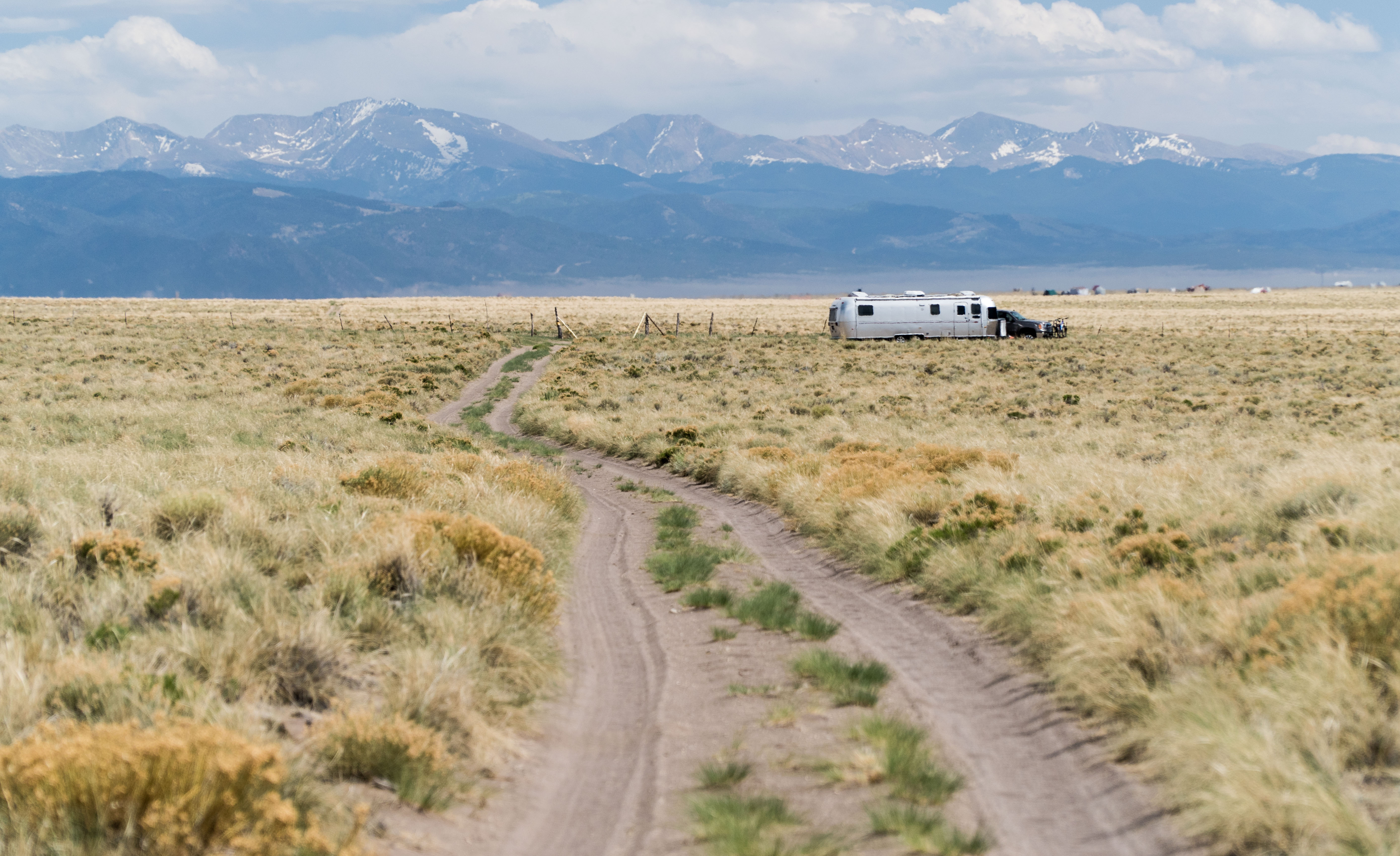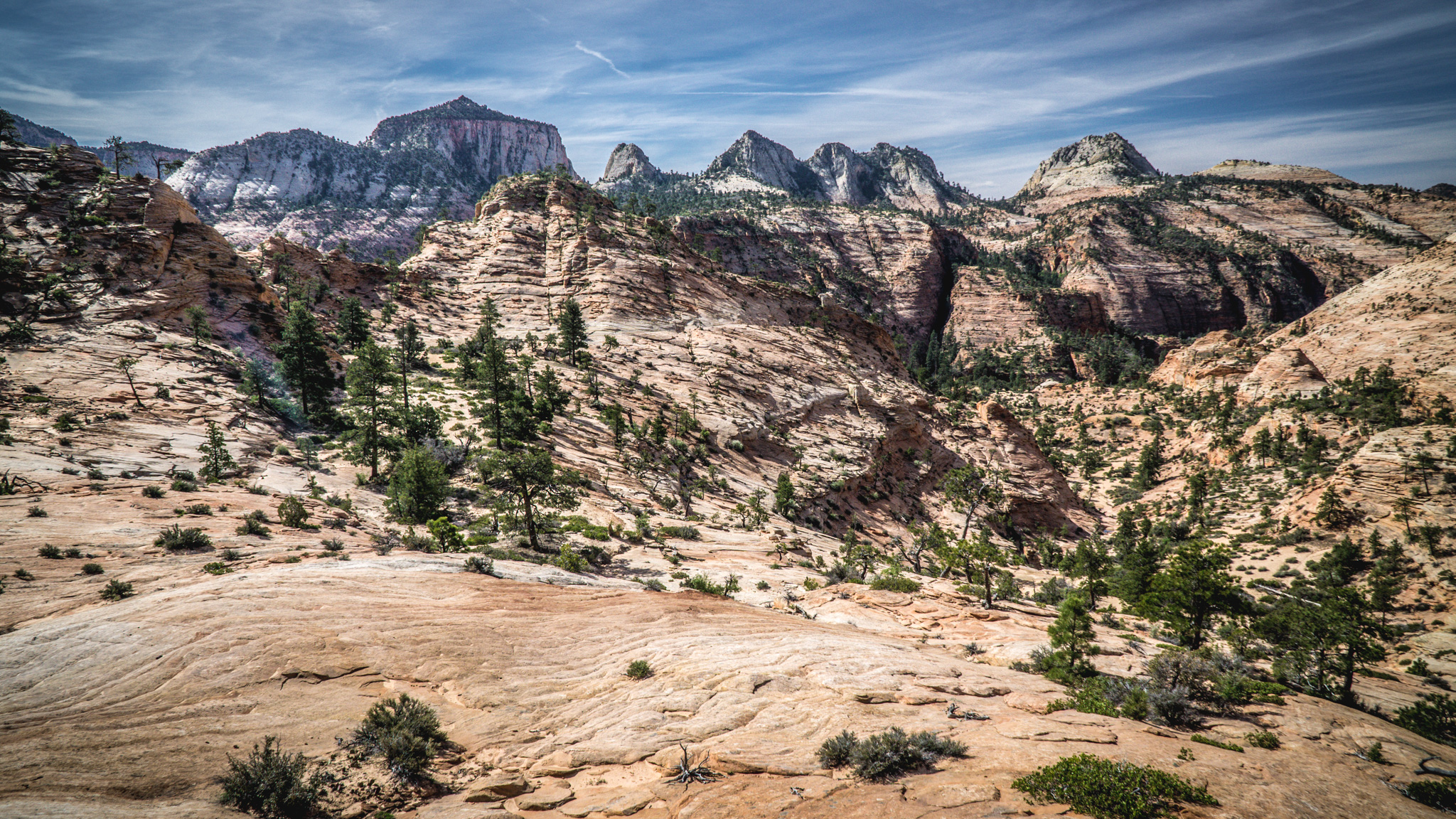Being a digital nomad isn't always as great as those Instagram photos

Sometimes, the things that you see online are just bullshit.
Okay, maybe a lot of the time, it's bullshit. Especially with us digital nomads. Especially those of us who call anywhere our office.
When you see pictures of us "working" from breathtaking places around the world, it's not always as it seems. Some of us are tired. Dead tired. Others are struggling for work. Hell, some out there might actually be faking those photos altogether.
But hey, whatever gets those likes on Instagram, right?
Make no mistake about it, there is a lot to love about this lifestyle. For example, we get to see a LOT of the country. Change our backyard whenever we darn well please. We get to actually be in nature and fully embrace everything there is about our environment.
However, this isn't some endless thrill ride either. It's more like a roller coaster. There are both ups and downs. It's not always great.
Why?
Why being a digital nomad isn't always as great as Instagram photos
My wife and I are digital nomads and we travel full-time in our Airstream Classic travel trailer with our two dogs. Though we are financially independent, we also need to stay connected to run this blog, our YouTube Channel and develop our course. We aren't just sitting in our rocking chairs sipping ice tea watching the clouds go by.
Here are the four biggest reasons why being a digital nomad isn't always as great as what you might see on Instagram.
1. Sometimes, staying connected is tough
An amazing amount of square footage of our globe is connected, and if you include satellite into the mix, nearly every spot is connected.
Unfortunately, there still remains a remarkably big dead zone where connectivity through a cell network, much less a WiFi signal, is downright impossible. If staying connected is a part of who you are, you won't be able to go just anywhere. At least for long.
After traveling full-time throughout the United States for a couple years, I learned three primary things (the hard way!) about the "connectedness" of our country:
- There are so many dead zones out there, especially around the most beautiful areas of our nation (like National Parks)
- Even when there is a signal, it may not be enough, and
- Less sophisticated areas of the country are easily susceptible to cell tower overload during peak hours
It's frustrating, but still very much a first world problem. But, sometimes I feel like punching a hole in the wall whenever my Verizon MiFi device "sees" cell signal, but I can't seem to do anything online.
Or, if I'm able to do a few things, but most websites just crawwwwwl. It takes 5 minutes to load my own blog even though the damn MiFi thing says it has 3 bars of 4G LTE.
Damn you, cell technology!
Another common problem: Especially in smaller cities, the speed of the Internet slows considerably during the daylight hours when everybody and their brother is using the network, then speeds up on weekends and shortly before you go to bed because, well, everybody else is hopping off the network and going to bed too.
In other words, network load can bring cell towers down to a stand still in smaller or less sophisticated areas of the country.
I've had to pick and choose the time I do heavier data tasks in the past based on how congested the cell towers were in my area. That's not something I enjoy doing.
If you're a digital nomad, this can greatly affect productivity.

2. It's hard to truly integrate into community
Most digital nomads move around the country (and world) quite a bit, and a constant mobile lifestyle makes it tough to integrate into a community. When we're on the move so often, we don't have the opportunity to develop relationships with people in the community like we would if we lived there full-time. Naturally, it won't be the same.
A lot of us are okay making this sacrifice, but for many of us, we lose a sense of community that we never realized was so important to us until it was no longer there.
My wife is a prime example. The longer we travel, the more she misses the community that she felt before we left. She wants the ability to call her girlfriends and get together, socialize with people and nurture long-lasting friendships. While we have pleeeeenty of friends in this lifestyle, we can't say that many of them are "best" friends, or deep friends.
Not because they aren't good people. It's because we aren't around each other long enough to make those relationships more meaningful.
3. We're constantly re-learning
Everywhere we travel, we start at the beginning and re-learn how to go about life in that new area. We're learning the streets. The businesses. Where to go (and where not to go). The weather.
But, we're also beginning to make new friends again.
Well, sorta. We know that these "friends" probably won't be lifelong friends because we live on the road. Perhaps they are just "acquaintances"? And, we tend to treat them as such. We look at social engagements purely as having a little fun rather than building true friendships.
Nevertheless, we meet people we've never met before and start from ground zero each and every place we go.
This process is relentless.
I like seeing new things, but other times, I just want to mindlessly meander my way through town like it's old hat, say hi to people I know, and instinctively understand exactly what I'm doing every step of the way. I know the route. I know the traffic.
For example: I know that I wouldn't be caught dead on that street corner at night or I'm taking my life into my own hands. I don't even have to think about it. It's subconscious.
These are things that digital nomads are forced to learn and re-learn every single time we move to a new place.
4. We believe travel makes our grass greener
Let's face it: A lot of digital nomads began their life of travel with the hope that they'll be happier after the transition. The stress of the 9 to 5 will suddenly melt away and we'll get to sit on a beach or on a hotel balcony with huge views of the Alps and plow through some remote work that keeps the money rollin' in and the smile on our face.
Because, well, that's what the photos show.
Here's the problem: The grass is never greener with almost any change of lifestyle (yes, even early retirement). Instead, it's just another shade of brown. Life won't ever be a vacation unless you're actually on one.
And even then, it may not be completely stress-free.

Being a digital nomad is still life. If you're running a business, you still need to square that against life's demands. Build relationships. Sell. Provide customer service. Of course, product development.
Nothing about the art of making money suddenly changes or gets easier just because you're living a life on the road.
Even with web sites like Fivrr and Upwork, which are services specifically designed for remote work, most of those jobs don't pay nearly enough to live a lifestyle like we see on Instagram.
They provide income, but that might only enable us to live in our cars or vans and eat ramen.
We probably won't be staying in hotels and eating gourmet meals every night designing 150px by 150px logos for small businesses.
Note: Before you reach out to me with examples of how people are doing this, let me respond - I know that there are exceptions. There are exceptions for every rule, but those exceptions don't disprove the reality for most digital nomads.
Full-time travel can be tremendously rewarding, but it's also hard work. Especially if you aren't already financially independent.
Don't believe the grass is truly green over here.
5. We never get to spread out
When we live a traditional life in a house, we have our own space.
Different rooms have different purposes. While many of us have huge homes, even those of us with more modest estates still get to spread our wings a bit. Enjoy our little piece of property.
Think garages. Front and backyards. Family rooms and kitchens. Bedrooms that don't share space with said kitchen.
Digital nomads don't really get to do this. Ever. Their space is defined by the environment around them. Whether it's a hotel or a tent, or even a van, full-time travelers don't have the luxury of space (and, that's part of the appeal for many travelers!).
Even if you're camping, you can setup your grill for use while you're there, but when it comes time to leave, you're packing all that stuff up, throwing it in your car or RV, and setting sail - only to unpack it once again.
Our space isn't consistent. Our stuff's current location is only temporary.
In the end: We love our lifestyle. We love the pictures we get and those we post on Instagram, Twitter and even on this blog. But, understand that while there are so many cool things about this lifestyle, it's also not always roses. It's still real life.
Being a digital nomad is not always a walk in the park.
Here's the bottom line about being a digital nomad:
- It's still real life
- It's not for everyone, and not everybody will be able to do this
- Social platforms highlight the GOOD in being a digital nomad but often ignore the not-so-good
- Sometimes, travel just sucks
- But, it is an exciting and super unique way to live your life